Designing a Rabbit‑Proof Outdoor Run: Safe Exercise Space for Your Bunny
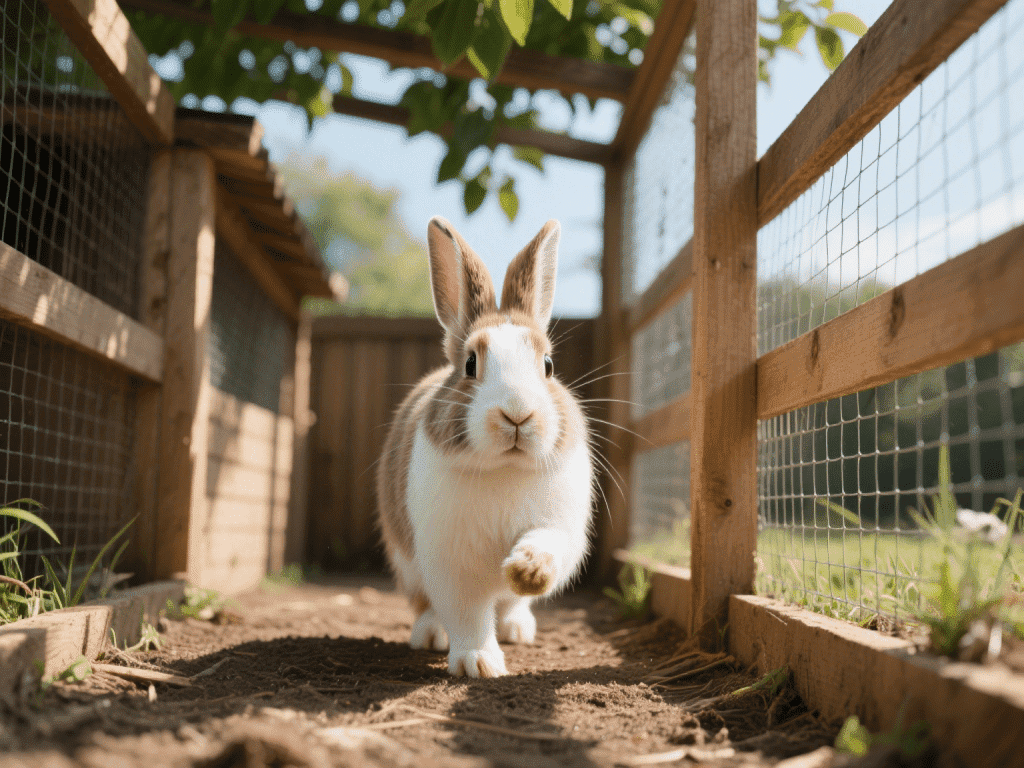
As a seasoned rabbit behaviorist and long‑time DIY enthusiast, I’ve guided countless bunny parents to create outdoor runs that balance safety, enrichment, and ease of maintenance. A well‑designed run provides crucial exercise, mental stimulation, and fresh air—key to preventing obesity, GI stasis, and boredom‑related behaviors. Follow this comprehensive blueprint to build your own predator‑proof outdoor haven.
1. Selecting the Right Location
Choose a flat, well‑drained area in your yard, ideally under partial shade (mature trees or shade sail) to prevent overheating. Avoid low spots that collect rainwater and areas with known predator activity (fox dens, raccoon paths).
2. Base Construction and Flooring
– Hardware Cloth Base: Lay ½″ galvanized hardware cloth on the ground (at least 12″ deep around the perimeter, folded outward) to prevent digging predators and escape attempts.
– Protective Matting: Over the hardware cloth, install UV‑resistant, perforated outdoor matting for traction and comfort. This also allows droppings to fall through for easier cleaning.
3. Framed Structure and Materials
– Pressure‑Treated Lumber Frame: Build a rectangular frame (minimum 8′×4′ for one rabbit) using 2×4 framing studs, assembled with coated exterior screws.
– Galvanized Wire Panels: Attach 1″×2″ welded wire panels on all sides, including the roof, to prevent aerial and climbing predators.
4. Weatherproofing and Comfort
– Detachable Roof Section: Incorporate a hinged or removable roof with corrugated polycarbonate panels—lets in light while repelling rain.
– Insulated Hide Box: Install a weatherproof hideaway filled with straw or fleece pads, ensuring your rabbit can retreat during wind or drizzle.
5. Access Points and Cleaning
Design two entry points: a large human‑sized door for thorough cleaning and a smaller rabbit door to access an adjacent indoor hutch. Use heavy‑duty latches (spring‑loaded with carabiner backups) to deter wildlife and curious children.
6. Enrichment Integration
– Burrow Simulation: Bury sturdy plastic tubes (4″ diameter) horizontally under the run for tunneling.
– Foraging Platforms: Secure trays filled with hay and safe greens at varied heights to encourage natural stretching and exploration.
– Mounted Toys: Hang untreated wooden blocks, willow chew sticks, and puzzle feeders from the roof to promote vertical activity.
7. Predator Deterrents
– Motion‑Activated Lights: Place at least one solar‑powered motion light aimed at the run to startle nocturnal predators.
– Ultrasonic Repellents: Consider weatherproof ultrasonic units around the perimeter—inaudible to humans and rabbits, yet discouraging to raccoons and foxes.
8. Seasonal Adaptations
– Summer: Add a clip‑on fan inside the run for airflow. Provide frozen water bottles wrapped in towels for rabbits to lean against.
– Winter: Elevate the run off cold ground by 6″ on concrete blocks; add insulating panels on the windward side.
9. Maintenance Schedule
– Daily: Remove droppings and replace soiled bedding in hide box.
– Weekly: Hose down wire panels and mats; inspect for damage or signs of gnawing.
– Monthly: Check hardware cloth integrity and re‑secure any loose screws; clean enrichment items with vinegar solution.
10. Monitoring Your Rabbit’s Well‑Being
Log exercise time, droppings consistency, and behavior (e.g., binkies, thumping). A happy, exercised rabbit will show consistent pellet‑sized droppings, glossy coat, and frequent play behaviors. Any reluctance to use the run may signal stress, illness, or predator proximity—investigate promptly.
By following these guidelines, you’ll provide your rabbit with a safe, enriching outdoor sanctuary that fosters physical health and emotional well‑being.

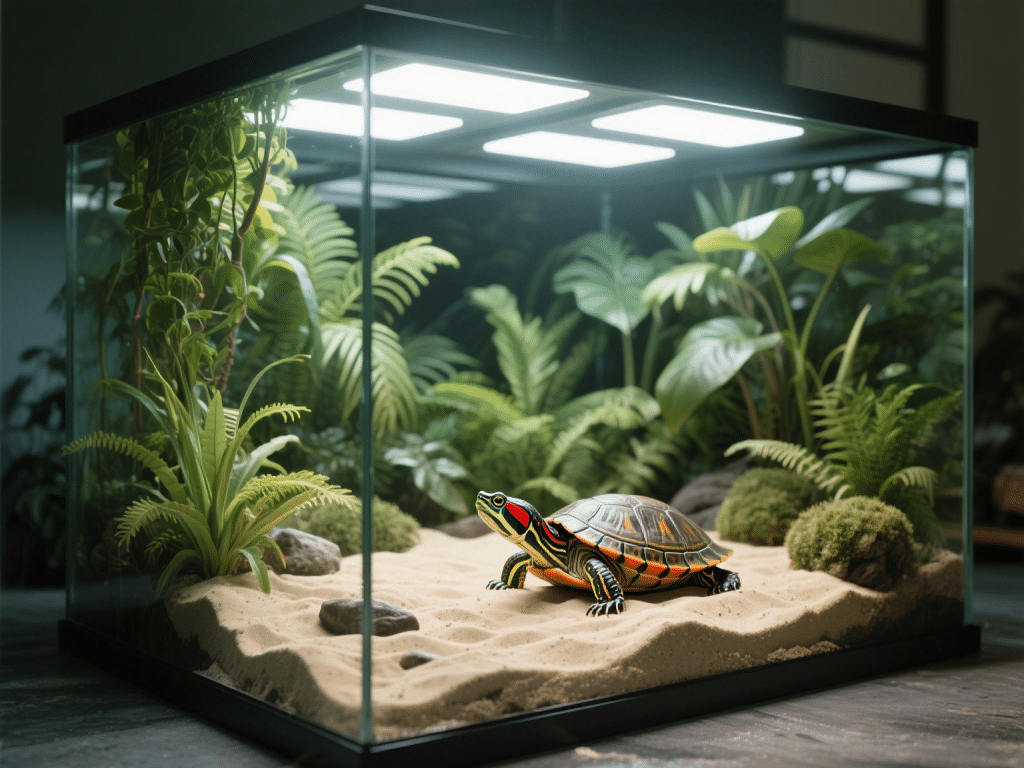
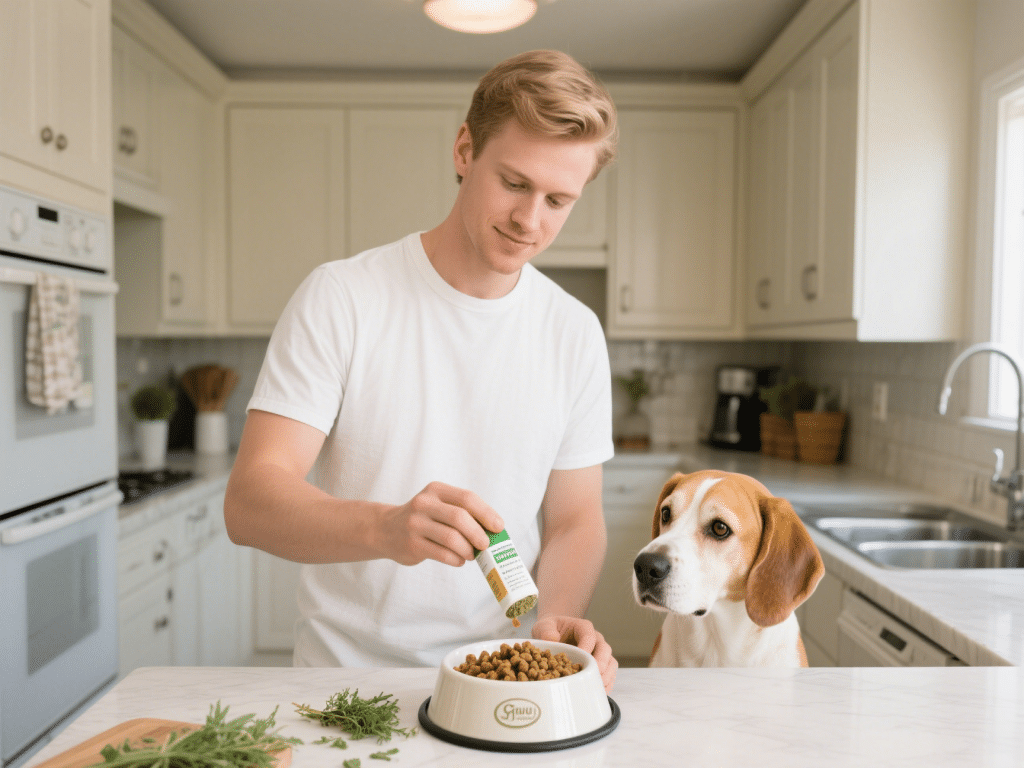
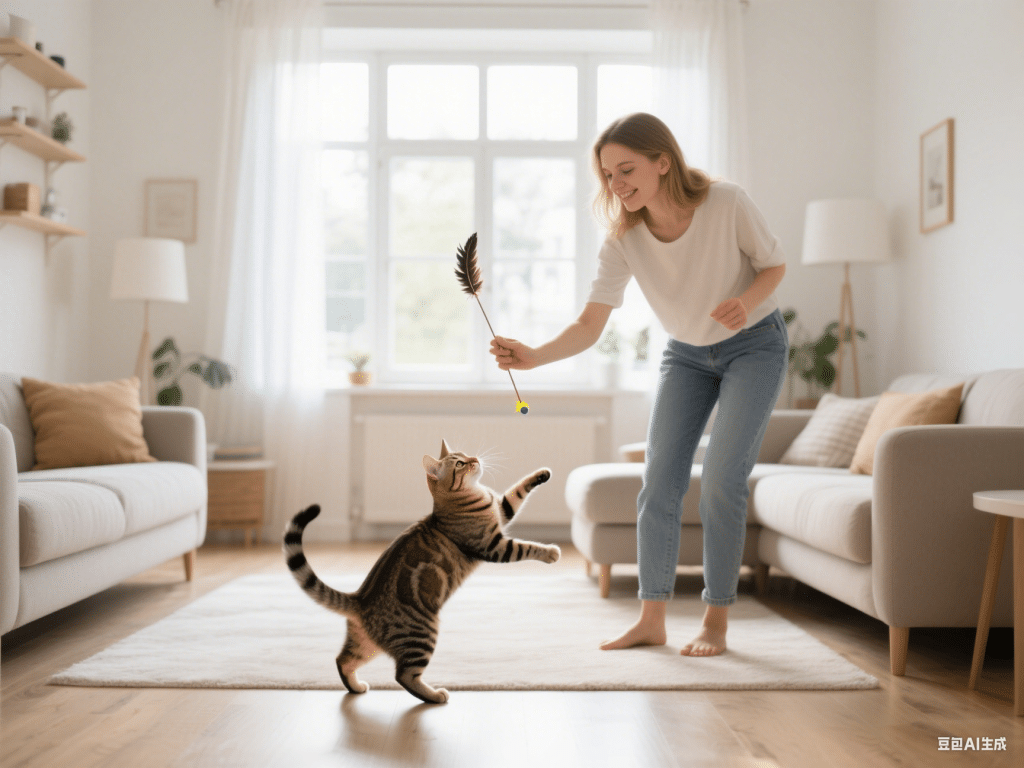



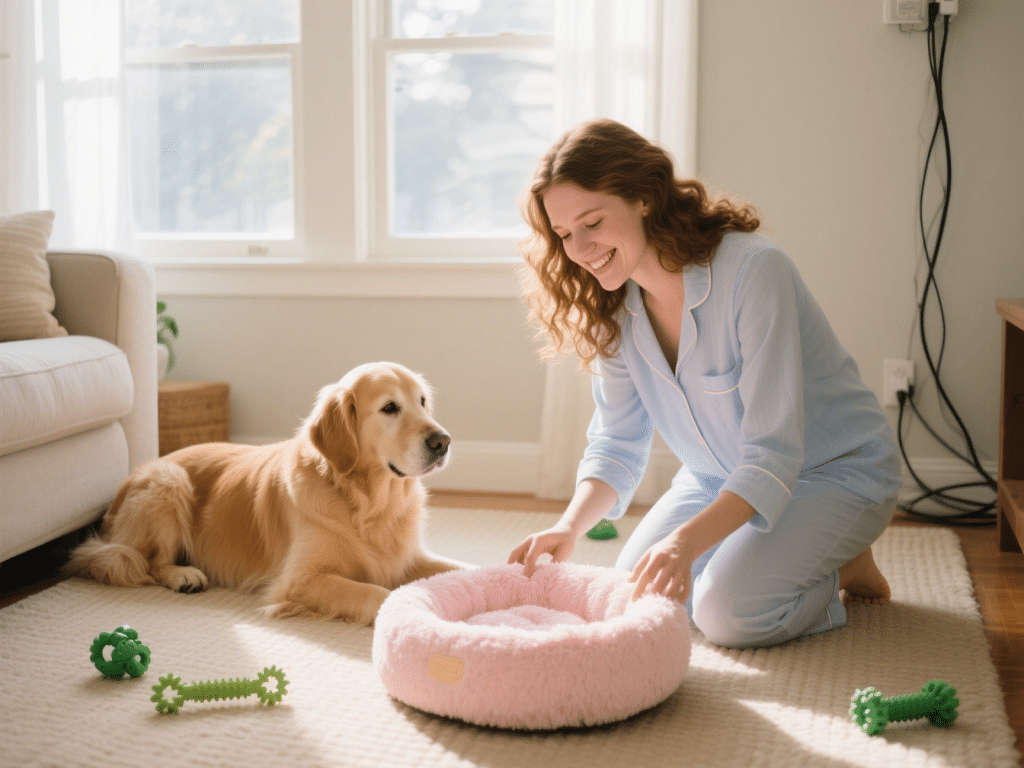
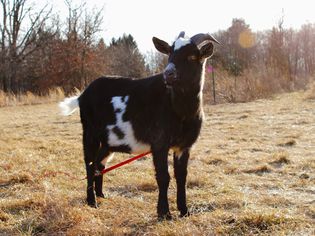
Comments on "Designing a Rabbit‑Proof Outdoor Run: Safe Exercise Space for Your Bunny" :